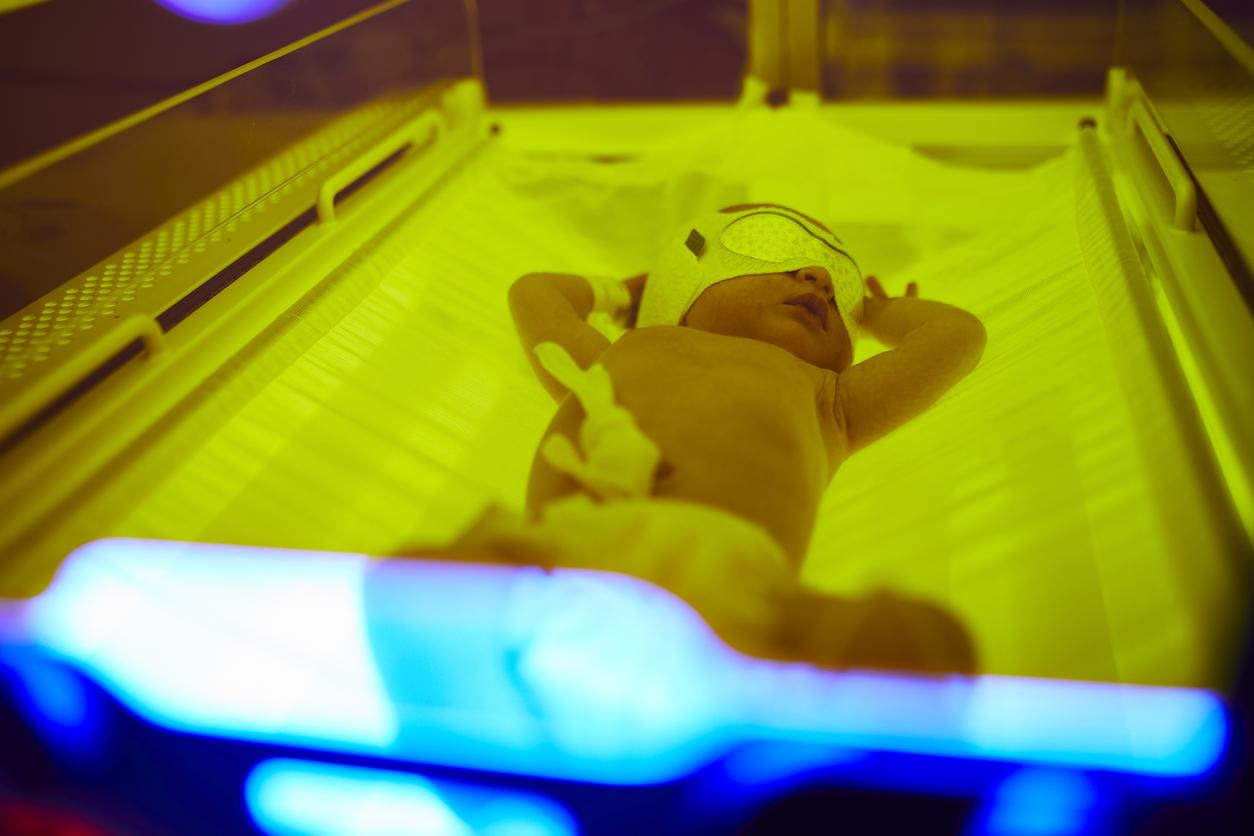
The epidemic is out of control in Brazil. More than 4,000 people die every day in the country and the vast majority of intensive care patients are under 40 years of age. Today the Brazilian variant represents 0.1% of the strains detected in France but its propagation and its consequences worry the health authorities.
First, a variant that is more contagious than the original strain of Covid-19 or even more dangerous. Called the P1 mutation, it is also more resistant to vaccines. “This variant is a very serious threat to the world. I will not want to underestimate it and I would like to underline its seriousness because it could undermine the efforts of Europe, the United States and Asia to contain this pandemic ” worries the neuroscientist and former president of the anti-Covid committee in the Nordeste region (Brazil), Miguel Nicolelis at the microphone ofEurope 1 . “The problem is, this variant is constantly mutating. We are at 17 mutations so far, it is a lot and this is what can explain that it is so transmissible “, he adds. So a question arises, is the Brazilian variant the new threat hanging over Europe?
An extreme epidemic outbreak in Brazil
Brazil continues to sink into the health crisis with more than 355,000 deaths to be deplored. It is the most bereaved country in the world in absolute numbers, after the United States. Faced with a variant out of control, the Brazilian hospital system is saturated and Brazilians die in hospital corridors. As a result, cemeteries are overwhelmed and burials even take place at night, for lack of time to take care of all the deceased during the day. Buses usually reserved for schoolchildren began to be used to transport the dead. This Sunday, April 11, the coordinator of a study by the Brazilian Association of Intensive Care (AMIB) revealed that most Brazilians infected with Covid-19 in intensive care are now under 40 years old, a relatively average age. young and unusual so far. According to Dr Ederlon Rezende, this represents 11,000 people. age is very significant “.
According to the study, the number of patients in intensive care reached a record percentage of 58.1%. The deadliest epidemic toll to date in Brazil occurred in March, where authorities count more than 65,000 deaths from the coronavirus, twice as many as the peak in July 2020. To date, around 10% of the 212 million Brazilians have received at least one injection of the vaccine. But specialists in the country believe that the pace of the vaccination campaign is too slow.
More than 800 Brazilian variant contaminations in Canada
The Canadian province of British Columbia has become the second largest source of contamination with the P1 variant in the world after Brazil. It is in the country’s most famous ski resort, Whistler Blackcomb, that many cases have been reported. How the strain arrived remains a mystery for now: None of the 84 people initially reported at the start of the Whistler outbreak said they had traveled outside of Canada, UK media reports, The Guardian.
0.1% of strains detected in France but a real threat to watch closely
For the moment, no reason to worry in France, the figures confirm it. This Monday, April 12, the Minister of Transport Jean-Baptiste Djebarri estimated that “fifty people return per day (from Brazil) to the territory”. Before adding that “the Brazilian strain, for the month of March, is 0.1% of the strains detected in France. But we must obviously remain extraordinarily vigilant “. Today voices are being raised concerning the air links maintained between France and Brazil. Should France suspend them?
|
Update 04/13/2021 at 5:09 p.m .: Prime Minister Jean Castex announced in the afternoon the suspension of air links with Brazil until further notice. |
Asked by RTL, Pr Rémi Salomon, President of the Medical Establishment Commission of the AP-HP considers that France “has taken important measures and significantly reduced the number of travelers coming from Brazil. We went from 50,000 to 1,000 travelers per week so that’s a good thing and it reduces the risk”. He adds, however, that “Given the dangerousness of this Brazilian variant, I think more needs to be done”. Unlike France, some European countries have taken the initiative to suspend flights from Brazil, others impose long quarantines with an important monitoring system as in England. Dr Salomon also regrets that the measures are not common to all of Europe.















